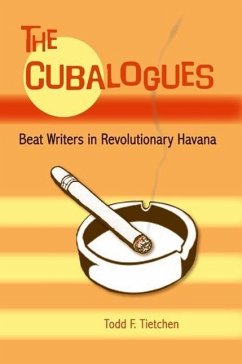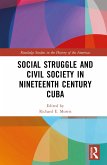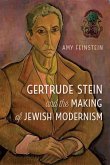"As an early supporter of the original non-Communist Cuban revolution, I much appreciate this story of the involvement of American beat poets with the Fidelista cause. Dubbed the 'Cubalogues, ' their interaction with Cuban editors and poets is a unique part of Cuban cultural history, and it needs to be told to an American audience."--Lawrence Ferlinghetti "An exciting, timely, and wide-ranging intervention which reassesses the Beat Movement, the Beat canon, Cold War politics, and the Cuban Revolution. . . . A tight, lively and skillful presentation of the topic."--Sarah MacLachlan, author of The Cambridge Introduction to Chicano/a Literature and Culture Immediately after the Cuban Revolution, Havana fostered an important transnational intellectual and cultural scene. Later, Castro would strictly impose his vision of Cuban culture on the populace and the United States would bar its citizens from traveling to the island, but for these few fleeting years the Cuban capital was steeped in many liberal and revolutionary ideologies and influences. Some of the most prominent figures in the Beat Movement, including Allen Ginsberg, Lawrence Ferlinghetti, and Amiri Baraka, were attracted to the new Cuba as a place where people would be racially equal, sexually free, and politically enfranchised. What they experienced had resounding and lasting literary effects both on their work and on the many writers and artists they encountered and fostered. Todd Tietchen clearly documents the multiple ways in which the Beats engaged with the scene in Havana. He also demonstrates that even in these early years the Beat movement expounded a diverse but identifiable politics.
Hinweis: Dieser Artikel kann nur an eine deutsche Lieferadresse ausgeliefert werden.
Hinweis: Dieser Artikel kann nur an eine deutsche Lieferadresse ausgeliefert werden.








